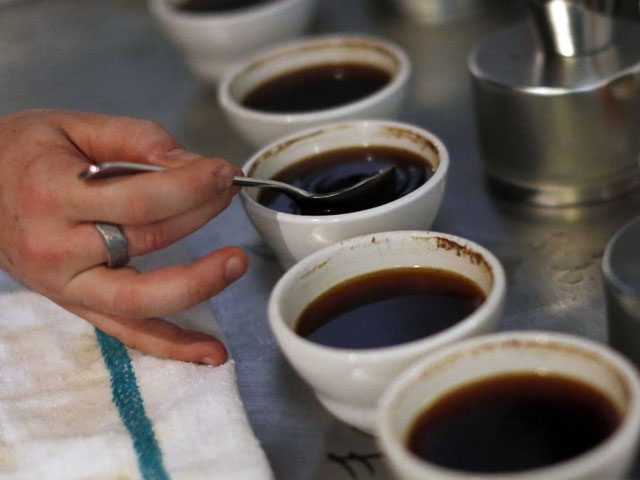
The report cites strong evidence that rising temperatures and changed rainfall patterns are already affecting coffee yields, quality, pests, and diseases. According to the report, climate change is predicted to cut the global area suitable for coffee production by as much as 50 per cent by 2050. Further, the report predicted that wild coffee, such as Arabica could become nonexistent within the next 70 years.
Sustainability certified India tea estates violate worker rights
The decline in coffee production will affect not only coffee drinkers worldwide but also the livelihood of 120 million people in more than 70 countries. Moreover, consumers are likely to face supply shortages.
Consumers are also likely to see impact on flavour, aroma and prices, as coffee becomes scarcer. Global coffee companies such as Starbucks and Lavazza publicly acknowledge the risks posed by climate change to the world’s coffee supply.
"We have a cloud hovering over our head. It’s dramatically serious. Climate change can have a significant adverse effect in the short term. It’s no longer about the future; it’s the present," Lavazza Green Coffee & Corporate Relations Partner Mario Cerutti said.
Nespresso inventor says wife, Rome cafe inspired the 'pod'
Starbucks Environmental Affairs Director Jim Hanna also addressed the matter. “If we sit by and wait until the impacts of climate change are so severe that is impacting our supply chain then that puts us at a greater risk," he said.
The report suggests consumers can help by choosing coffee brands that are carbon neutral and guarantee a fair return to small farmers and their communities, which will help them build capacity to adapt to climate change.







1732354127-0/Untitled-design-(3)1732354127-0-270x192.webp)


1732344836-0/BeFunk_§_]__-(37)1732344836-0.jpg)






COMMENTS (3)
Comments are moderated and generally will be posted if they are on-topic and not abusive.
For more information, please see our Comments FAQ